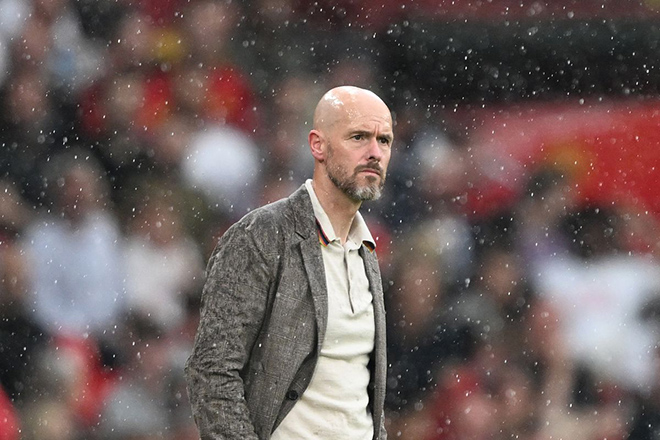Premier League clubs have reportedly agreed in principle to introduce a spending cap to limit the gap in financial muscle between sides at the top and bottom of the English top flight.
Clubs will be limited to spending a multiple of the amount of money accrued in television rights by the lowest-earning club in the Premier League.
The Athletic reported "the anchoring" plan will be capped at five times the lowest earning side receives via the Premier League's broadcast deals.
Official figures for last season show the bottom club, Southampton, were paid £104 million ($130 million) in TV money.
The Times said that clubs are expected to be assured that any cap would not cause any of them to reduce spending from their present level.
The plan received at least the 14 votes necessary from the 20 clubs to be approved.
But defending champions Manchester City, Manchester United and Aston Villa are among those to have reportedly rejected the proposal, with Chelsea said to have abstained.
If approved at an annual general meeting in June, the new model will replace the controversial Profit and Sustainability Regulations (PSR) from the 2025-26 season.
Everton and Nottingham Forest have been docked points this season due to breaches of PSR, which allows clubs to lose only £105 million over a three-year period.
A number of other clubs are close to crossing that limit, which led to a massive downturn in spending during the January transfer window.
Critics of a cap on spending believe it could hinder the Premier League's position as the richest and most watched league in the world.
Players' union the Professional Footballers' Association have also opposed "any measure that would place a 'hard' cap on player wages".
However, those in favour of the plans cite increasing Champions League revenue for the top teams and the spending power of state-backed clubs such as City and Newcastle as justification for limiting spending to maintain competitive balance.
Premier League clubs have already agreed to follow UEFA's new financial fair play regulations from 2025/26 by limiting spending to 85 percent of their total revenue on wages, transfer payments and agents' fees.






























